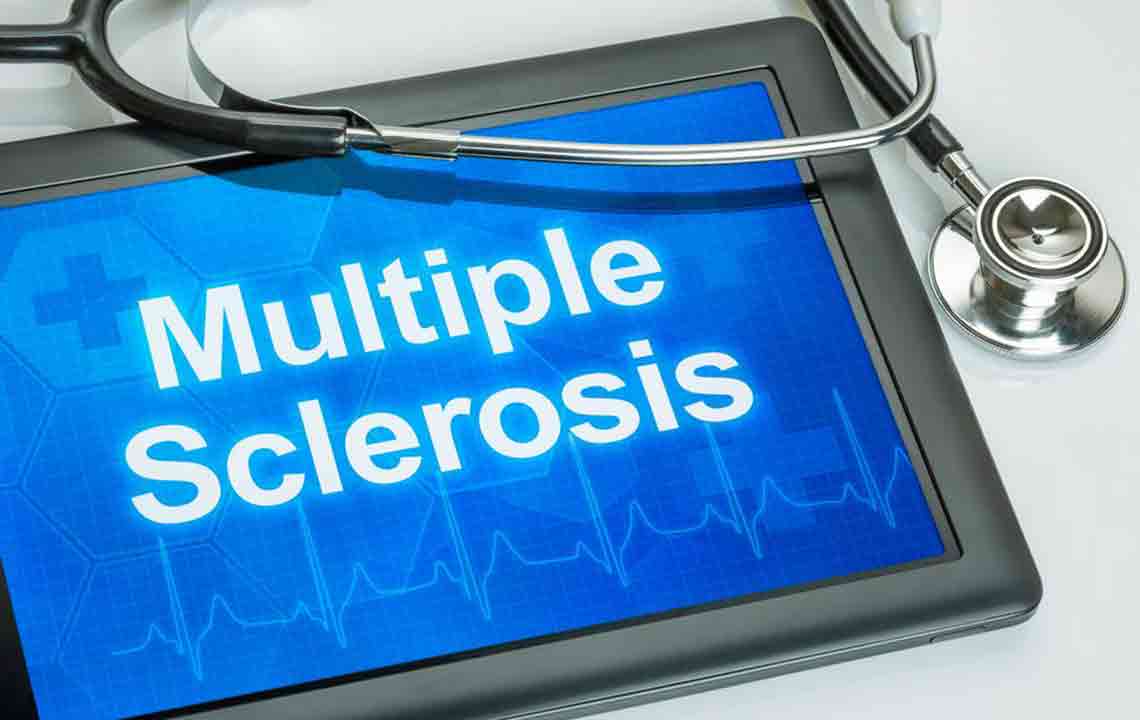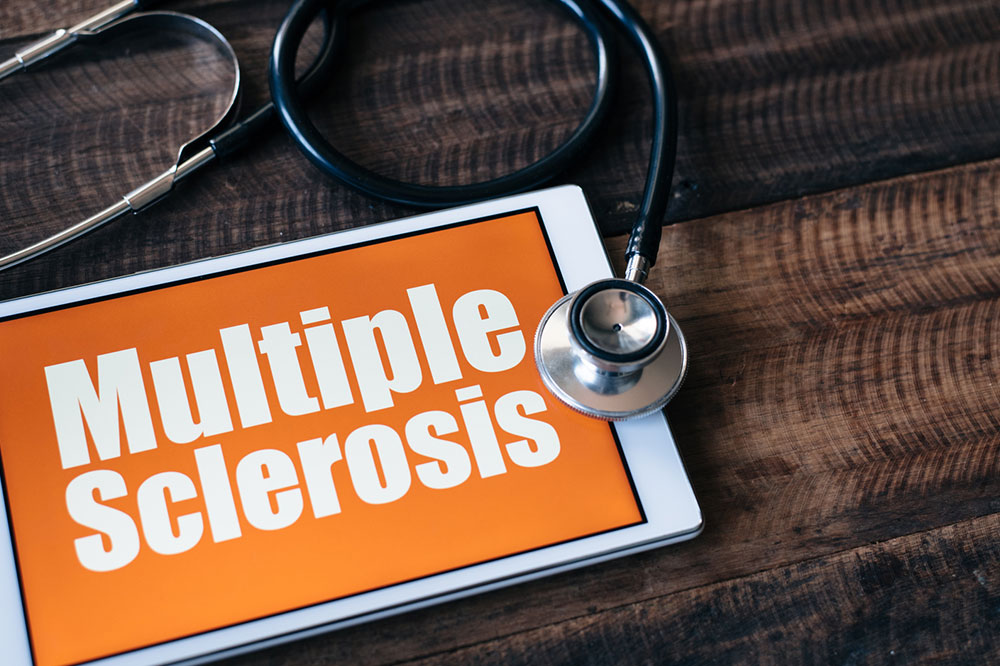Understanding Multiple Sclerosis: Signs, Risks, and Challenges
Multiple sclerosis is a complex neurological disorder characterized by immune attacks on nerve fibers, leading to diverse symptoms and potential complications. There is no cure, but early diagnosis and management are vital for improving quality of life. Symptoms like fatigue, vision problems, and mobility issues vary among individuals. Being aware of risk factors such as age, genetics, and lifestyle can aid in prevention. Consulting healthcare professionals promptly upon symptom onset is essential for proper treatment and disease control, highlighting the importance of early intervention in MS management.
Sponsored

Multiple sclerosis (MS) is a serious neurological disorder that can cause permanent damage to the brain and spinal cord. The immune system mistakenly attacks the myelin sheath, the protective covering of nerve fibers, disrupting communication between the brain and body. This can lead to rapid disease progression, nerve deterioration, and lasting neurological damage.
Symptoms of MS differ widely among individuals. Some may lose mobility entirely, while others experience periods of remission with no new symptoms appearing.
Most notably, there is currently no cure for MS. While treatments can reduce attacks and manage symptoms, they cannot eliminate the disease. Medication helps control symptoms and modify disease progression. Key symptoms and potential complications include:
Common MS symptoms
Symptoms vary based on nerve damage location and disease stage. Common signs include:
Episodes of dizziness and imbalance
Persistent fatigue regardless of activity
Bladder and bowel control issues
Slurred speech and difficulty speaking fluently
Tremors, muscle weakness, and coordination problems
Vision disturbances, including double vision and gradual loss of sight
Numbness or tingling sensations in limbs
Electric shock sensations upon neck movement
If you notice these symptoms, consult a healthcare professional promptly to slow disease progression and improve quality of life.
Potential complications of MS
Though not immediately life-threatening, MS complications can impact daily living and mental health. Consulting a specialist is essential for management:
Muscle spasms and stiffness
Partial or complete paralysis, especially in legs
Depression triggered by mobility loss and disease burden
Persistent bowel and bladder problems
Mood swings and cognitive issues like forgetfulness
Seizures or epilepsy
Disorders affecting sexual function
While no cure exists, proactive management can slow symptoms. Women are twice as prone to developing MS compared to men. Risk factors also include smoking, family history, and age between 15 and 60 years. Early medical intervention is crucial upon experiencing symptoms to maintain optimal health and prevent rapid progression.






